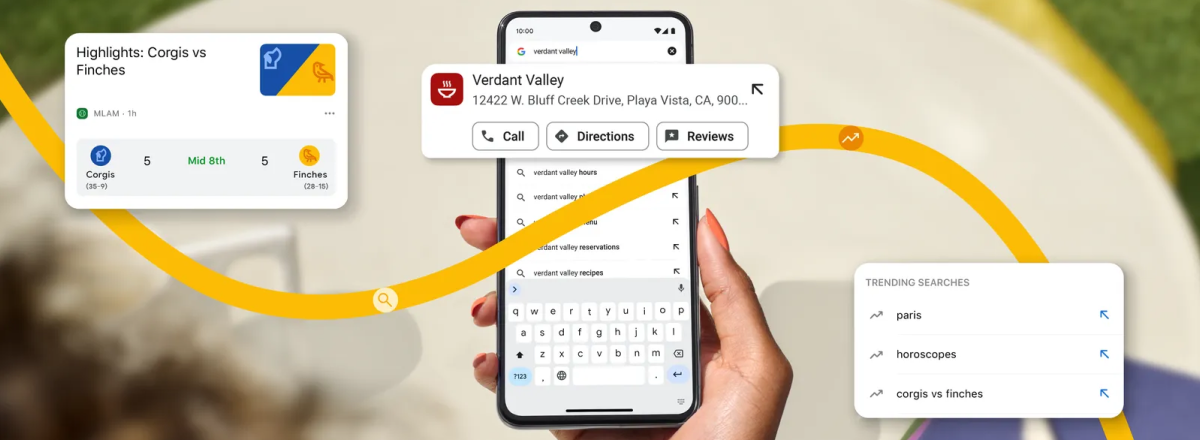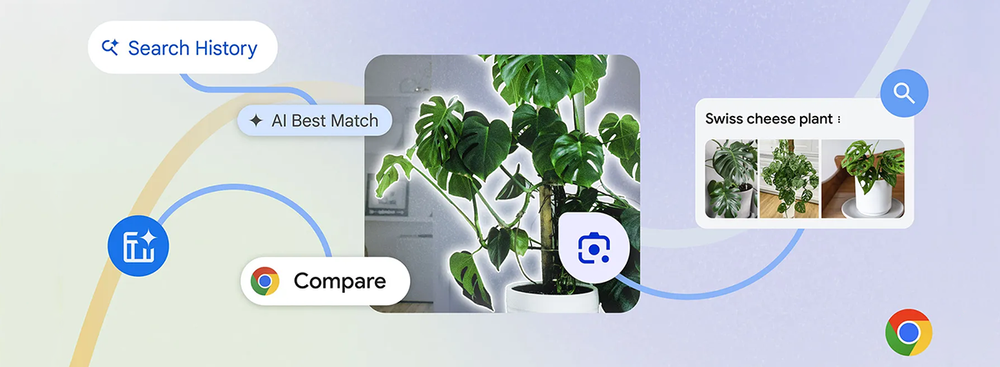Google has announced three new AI-powered features for its Chrome browser, designed to make browsing, shopping, and finding previously visited websites much easier. These updates are part of Google’s ongoing efforts to enhance user experiences by integrating advanced AI models, including its latest Gemini models.
The first new feature is the integration of Google Lens into the desktop version of Chrome. Users will now be able to search for information on objects seen on web pages without leaving their current tab. By simply clicking the Google Lens icon in the address bar, users can highlight or drag over an object and receive search results in a side panel. Additionally, AI-driven search refinements allow for more detailed results, like filtering by color or brand, and users can even ask follow-up questions to dive deeper into the topic.

The second feature is called “Tab Compare,” aimed at simplifying online shopping. This tool generates AI-powered comparison tables of products opened across multiple tabs, helping users view specifications, features, prices, and reviews in one place. This saves time by eliminating the need to manually switch between tabs while comparing products like Bluetooth speakers or other items. Tab Compare is set to roll out in the U.S. over the coming weeks.
Finally, Google has added an AI-powered search function for browsing history, enabling users to find previously visited sites more naturally. For instance, users can ask Chrome to find “the toy store I looked at two weeks ago,” and Chrome will return relevant results from the user's browsing history. The feature ensures privacy by excluding data from Incognito mode and offers an option to disable it.

These AI-driven updates continue Google’s commitment to improving browsing efficiency, making it easier for users to search, shop, and rediscover content on the web. All three features are expected to roll out in the coming weeks.














